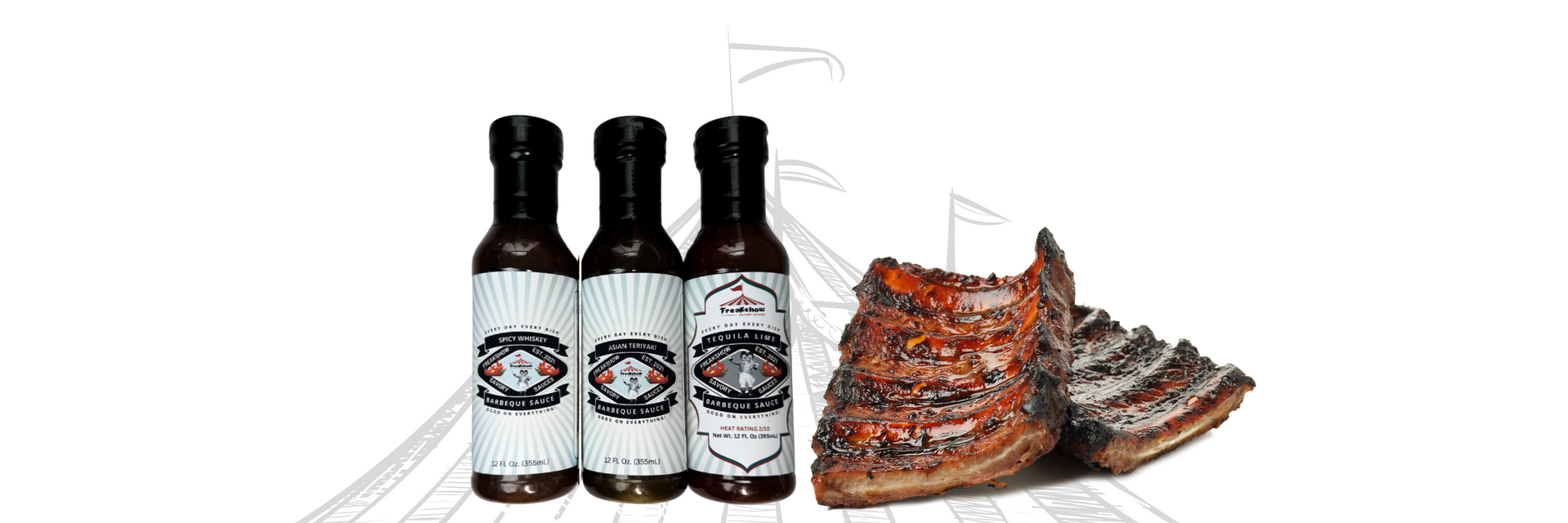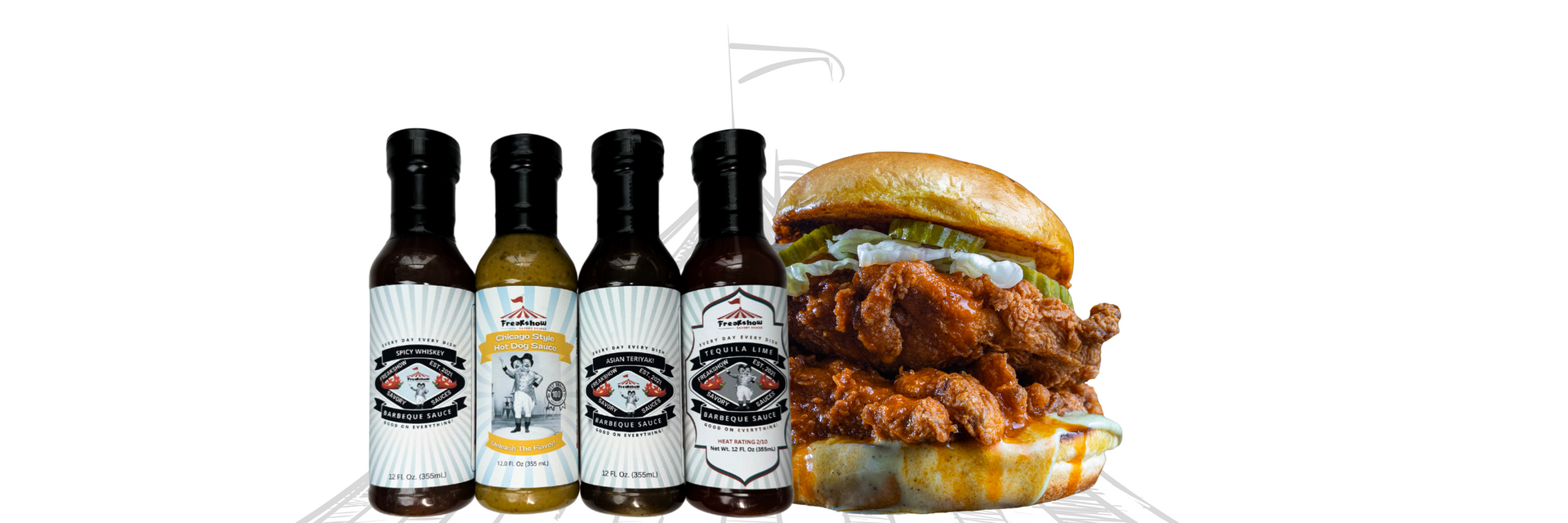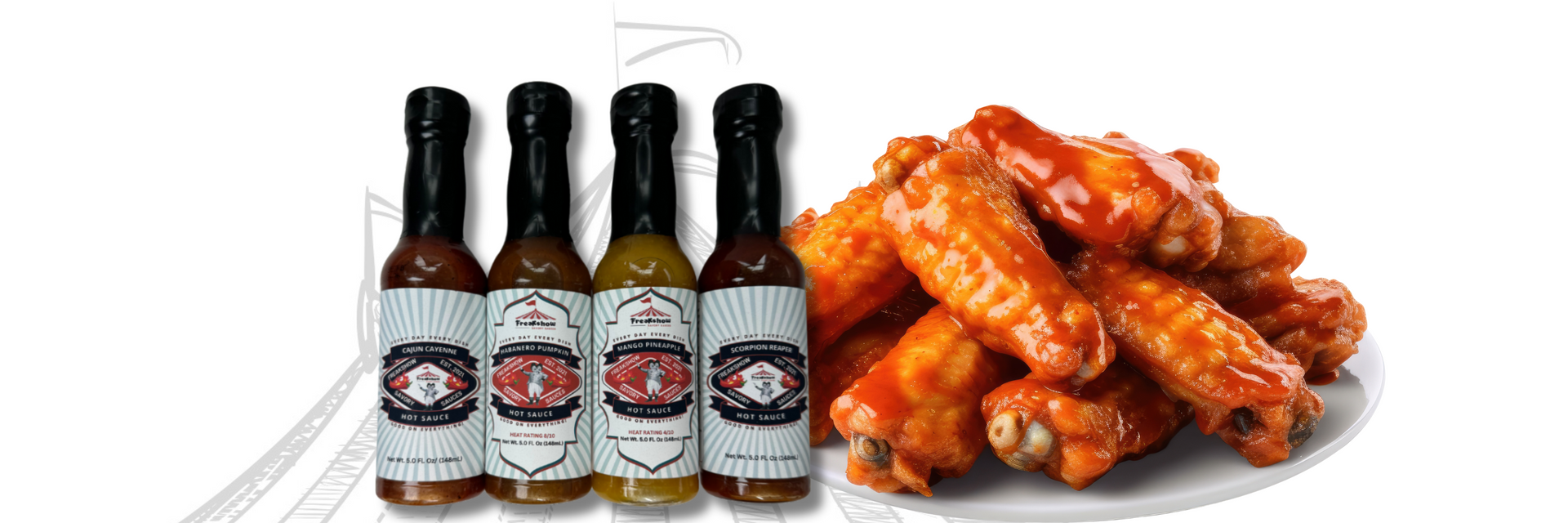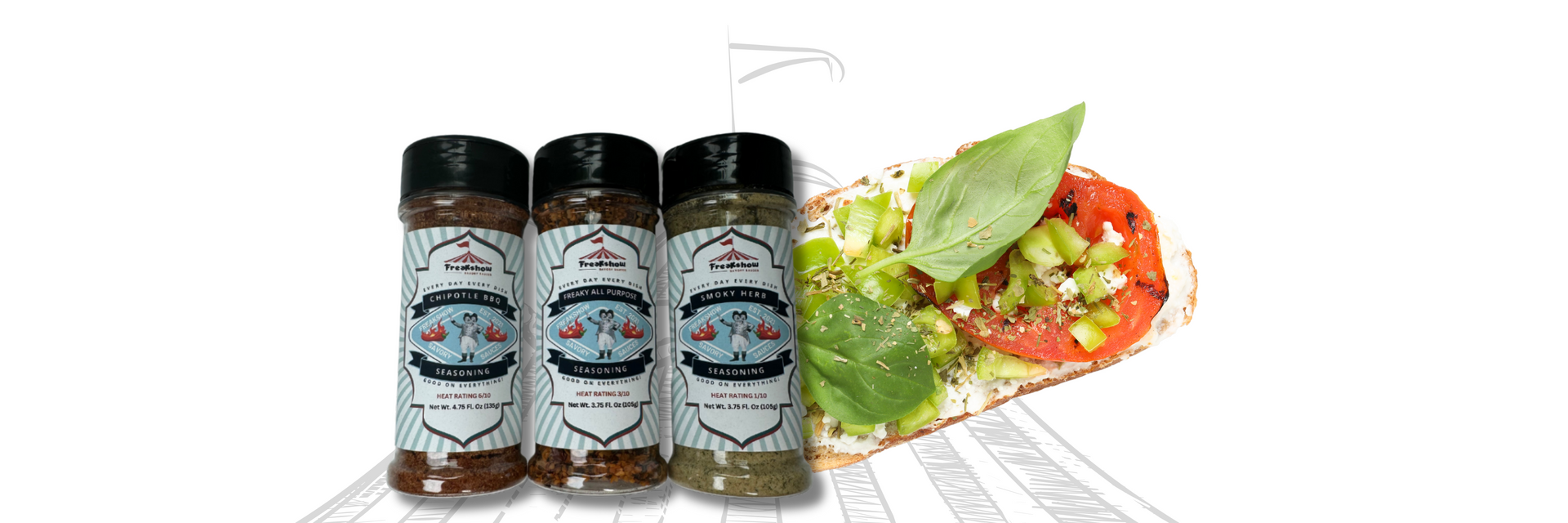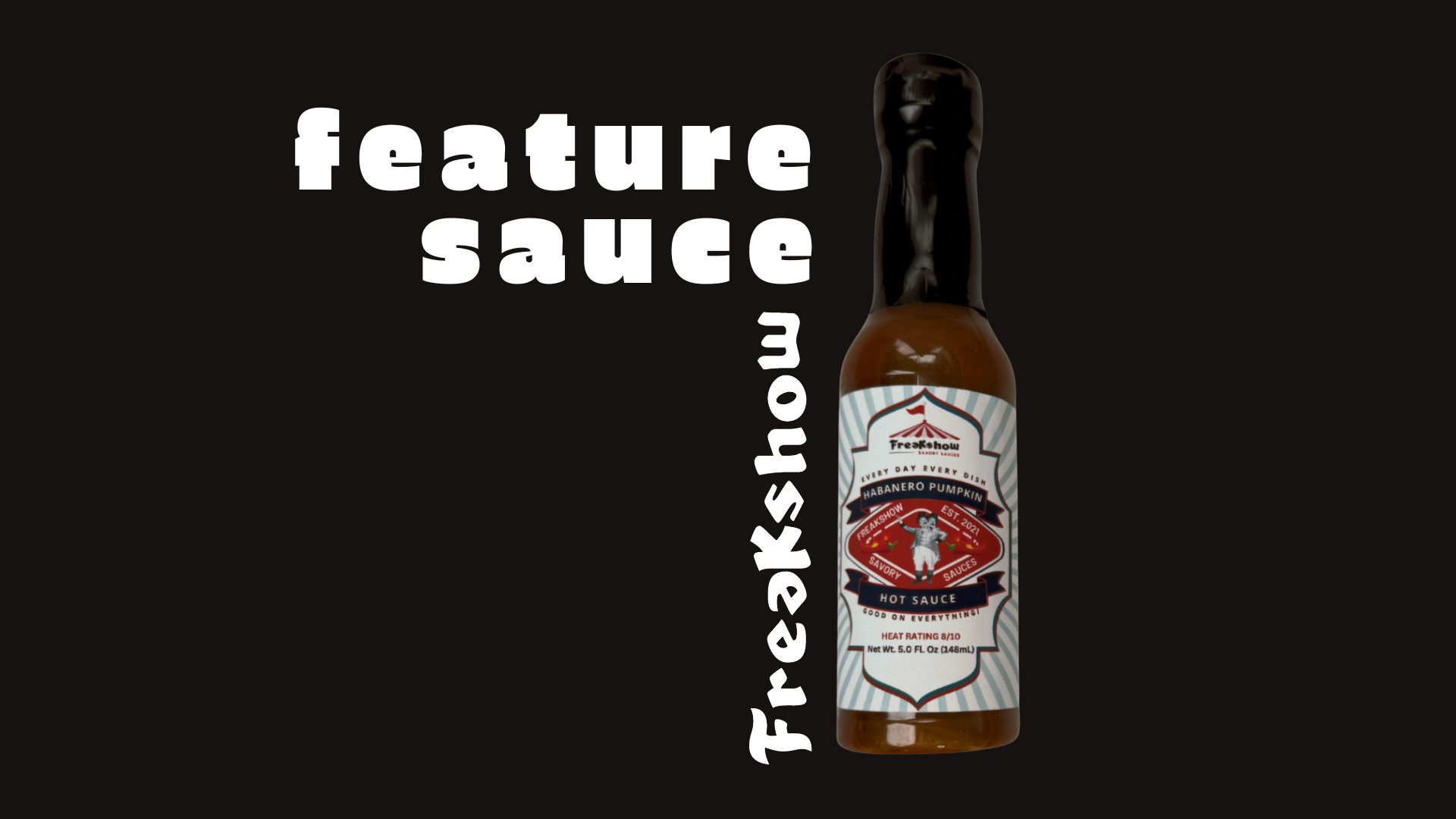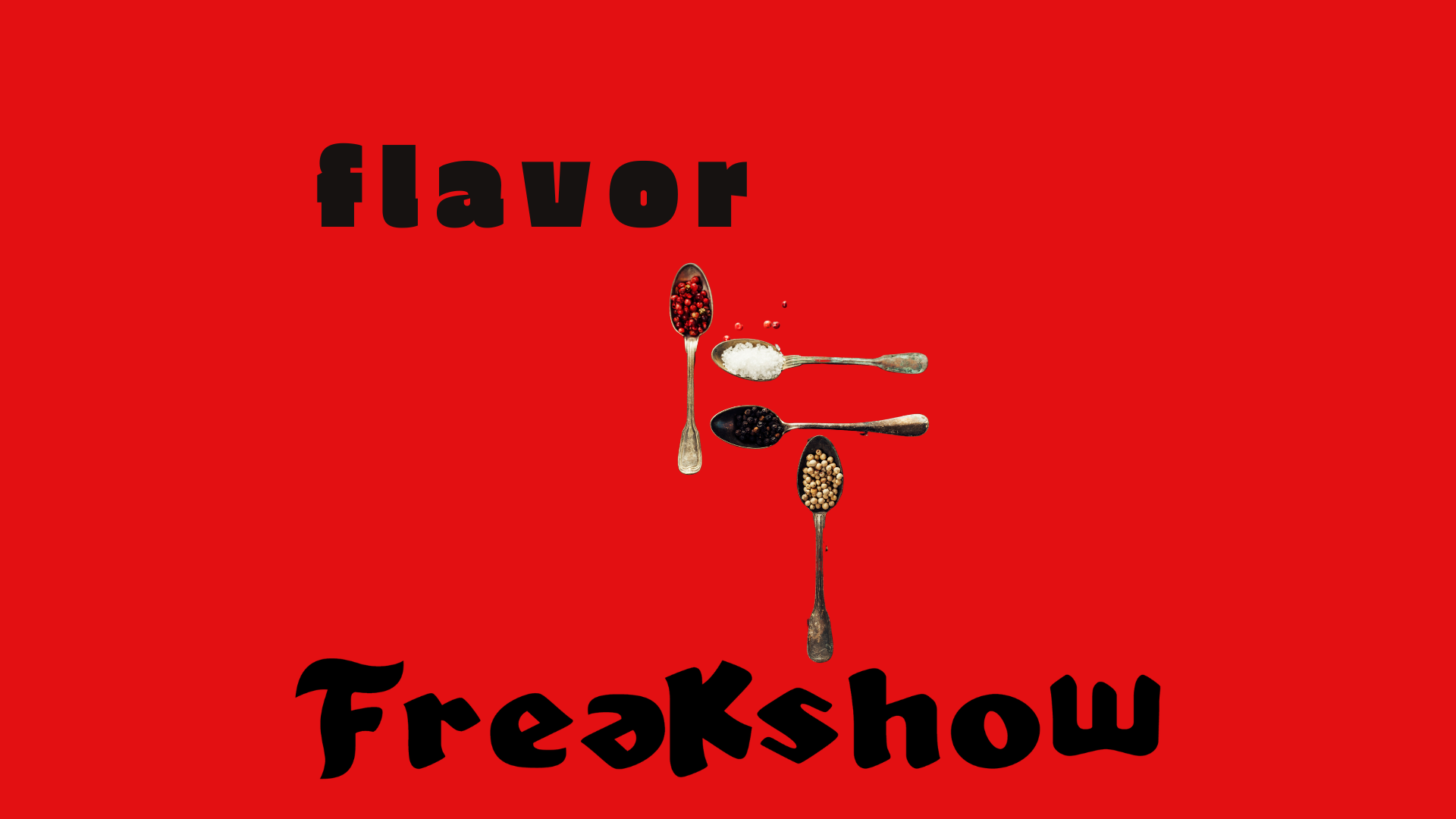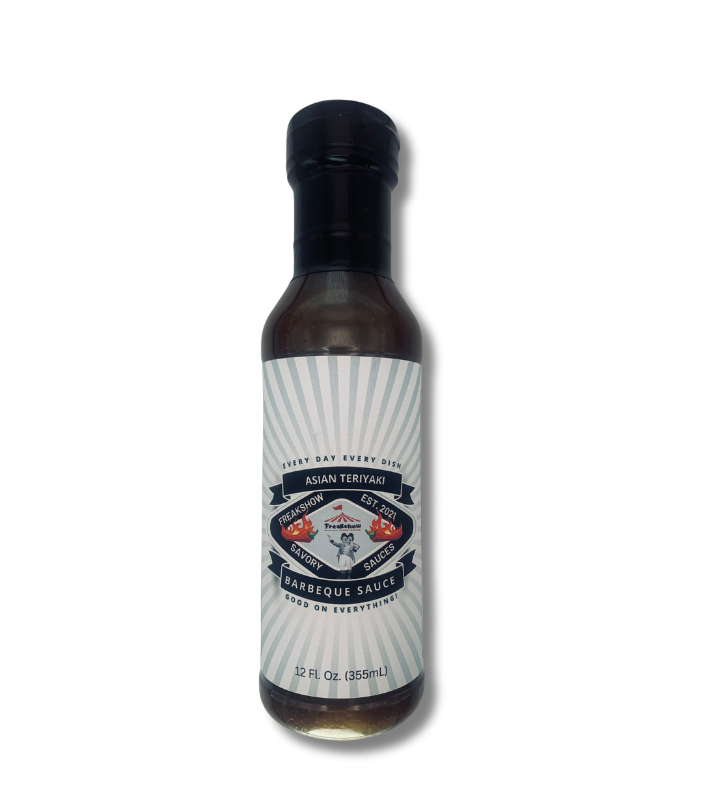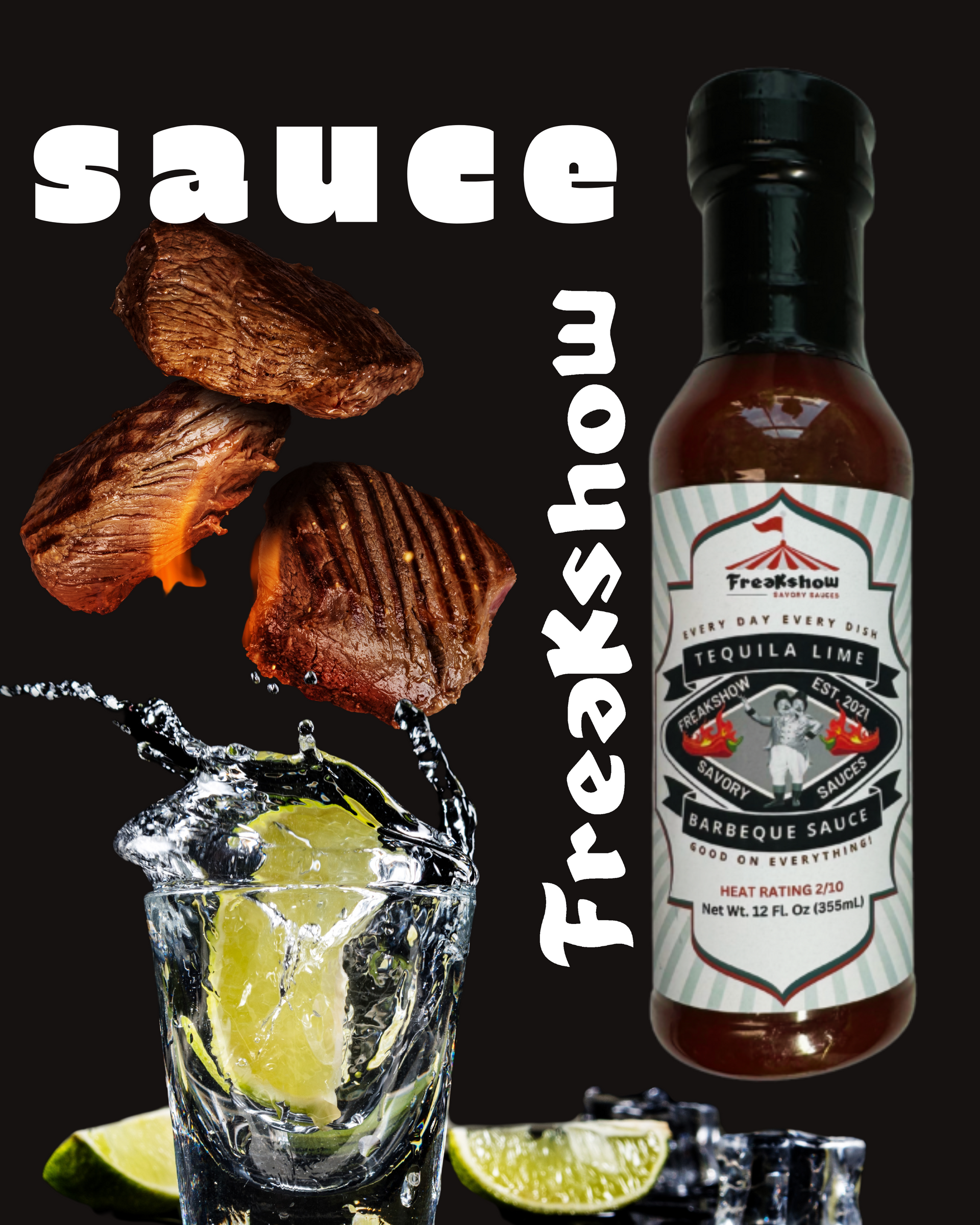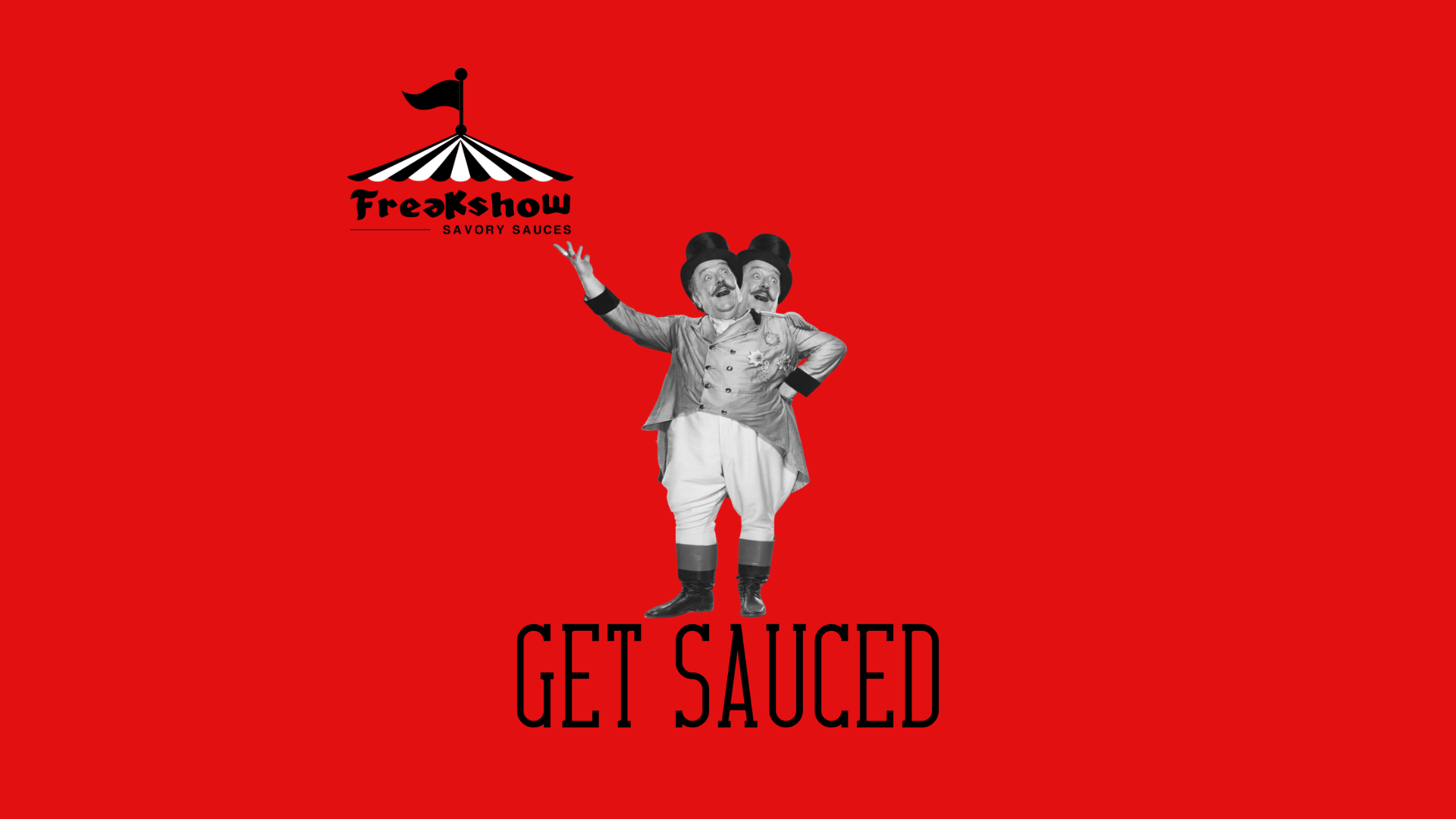Hot Sauce Storage Tips: Maximize Flavor
Shelly Bouse • May 9, 2024
Hot Sauce Storage Tips for Maximum Flavor
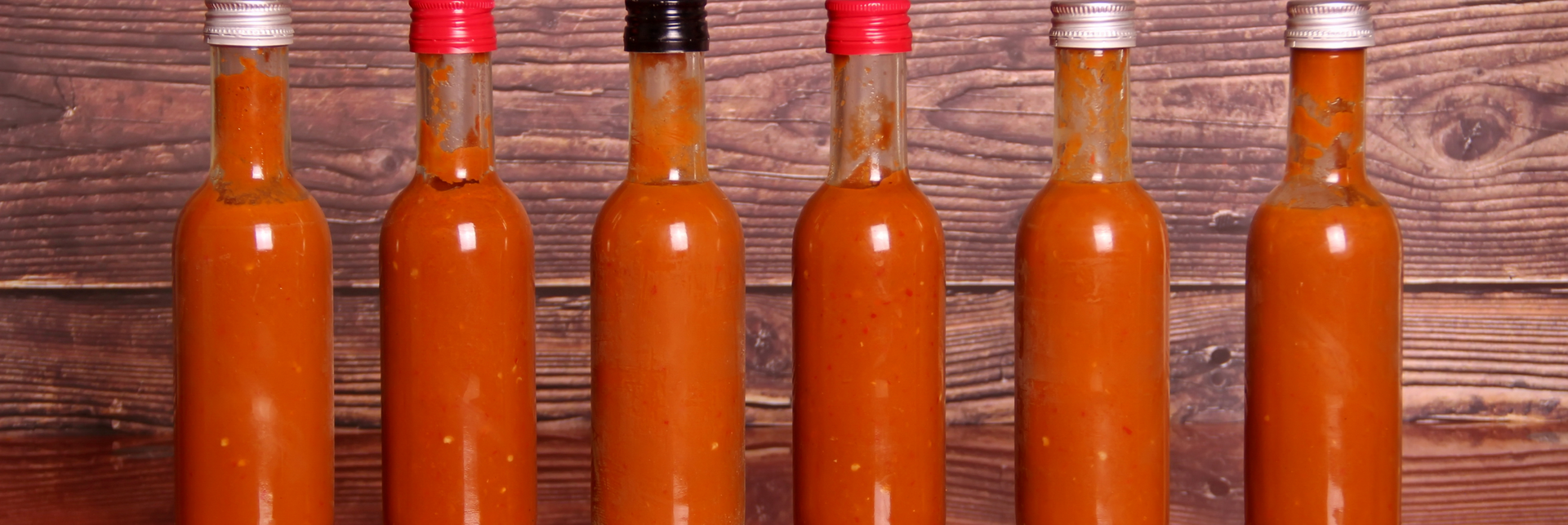
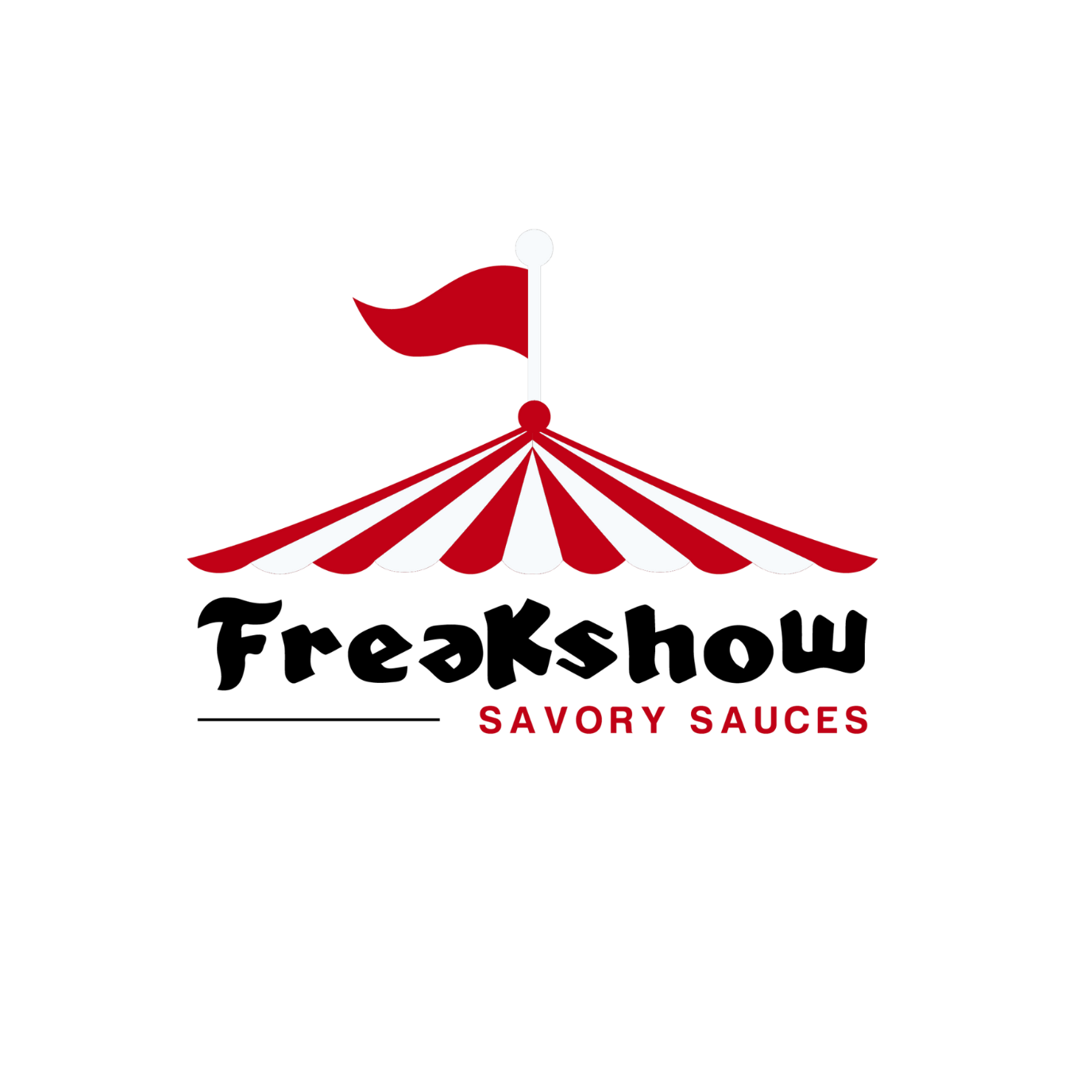
Key Highlights
- Hot sauces can be safely stored at room temperature for a long time, thanks to the high vinegar content that prevents the growth of bacteria.
- Hot sauces with fruit, like pineapple or mango, should be refrigerated they may not be acidic enough to prevent spoilage.
- Refrigeration helps maintain the color and flavor of hot sauces, especially those that are prone to color changes.
- The shelf life of hot sauces varies depending on the brand, but refrigeration can extend the freshness of the sauce.
- It's important to check the "best by" date and look for any signs of spoilage before consuming hot sauce.
- The decision to refrigerate hot sauce or not depends on factors such as the presence of preservatives, fruit content, and personal preference.
Hot sauce is a staple condiment for many food enthusiasts, adding a fiery kick to dishes and enhancing their flavor. Whether you're a hot sauce connoisseur or someone who enjoys a little heat every now and then, proper storage is essential to ensure that your hot sauce retains its maximum flavor. While the topic of refrigerating hot sauce may spark debates among hot sauce lovers, it's important to understand the factors that affect the shelf life and quality of hot sauce.
In this blog, we'll delve into the science behind hot sauce preservation, the factors that influence its shelf life, and the best practices for storing both opened and homemade hot sauces. We'll also debunk common myths about refrigerating hot sauce and answer frequently asked questions about its storage. By the end of this blog, you'll have a comprehensive guide on how to store hot sauce for maximum flavor and longevity.
So, whether you have an extensive collection of hot sauces or you're just starting to discover the world of spicy condiments, let's dive in and learn the best ways to store your hot sauce collection.
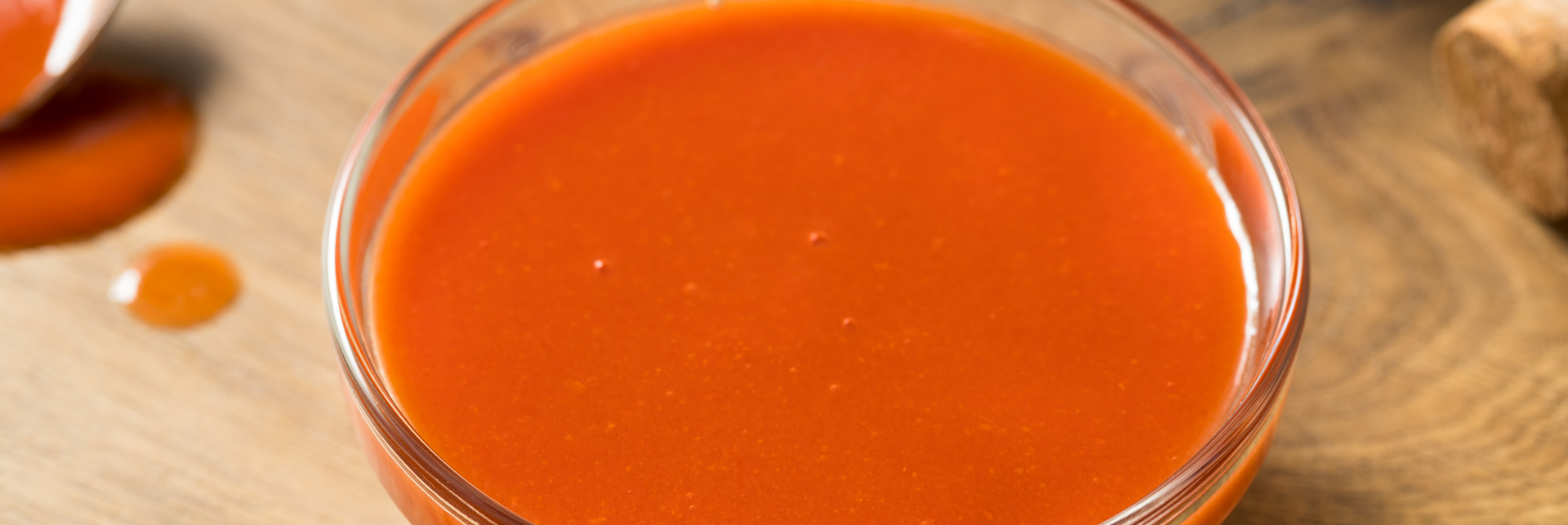

Understanding Hot Sauce Preservation
The high vinegar content in hot sauces plays a significant role in preventing bacteria growth. Vinegar creates an acidic environment with a low pH, making it difficult for harmful pathogens to survive and spoil the sauce. This is why many commercial hot sauces can be safely stored at room temperature for an extended period.
However, the use of preservatives may vary among hot sauce brands and recipes. Some hot sauces, especially those with fruit components, may not have enough acidity to maintain their quality outside of refrigeration. Refrigeration helps preserve the freshness and flavor of these hot sauces, preventing potential spoilage.
The Science Behind Hot Sauce Spoilage
The high vinegar content in hot sauce creates an acidic environment that inhibits the growth of microbes, preventing spoilage. The low pH of vinegar (typically around 816-226-6853 creates an inhospitable environment for bacteria and molds, ensuring the sauce remains safe to consume.
Fermentation can also play a role in hot sauce spoilage. Some hot sauces undergo fermentation processes, where beneficial bacteria and yeasts convert sugars into acids and create complex flavors.
While fermentation can enhance the taste of hot sauce, it also introduces the risk of spoilage if not properly controlled. The acidity level, pH, and fermentation process should be carefully monitored to ensure the sauce remains safe to consume.
Factors Affecting Hot Sauce Shelf Life
- Preservatives: Hot sauces containing preservatives, such as salt and vinegar, tend to have a longer shelf life. These preservatives prevent the growth of bacteria and extend the sauce's freshness.
- Temperature: Hot sauce should be stored at room temperature, ideally between 50-70°F 816-226-6853°C). Avoid exposing hot sauce to extreme temperatures, as this can affect its quality.
- Direct sunlight: Exposure to direct sunlight can cause hot sauce to deteriorate quickly. Store hot sauce in a cool, dark place to preserve its flavor and prevent spoilage.
- Air exposure: Properly sealing hot sauce bottles can prevent air exposure and maintain the sauce's freshness. Make sure the bottle is tightly closed after each use to prevent the sauce from oxidizing and losing its flavor.
By considering these factors, you can ensure that your hot sauce remains flavorful and safe to consume for an extended period.
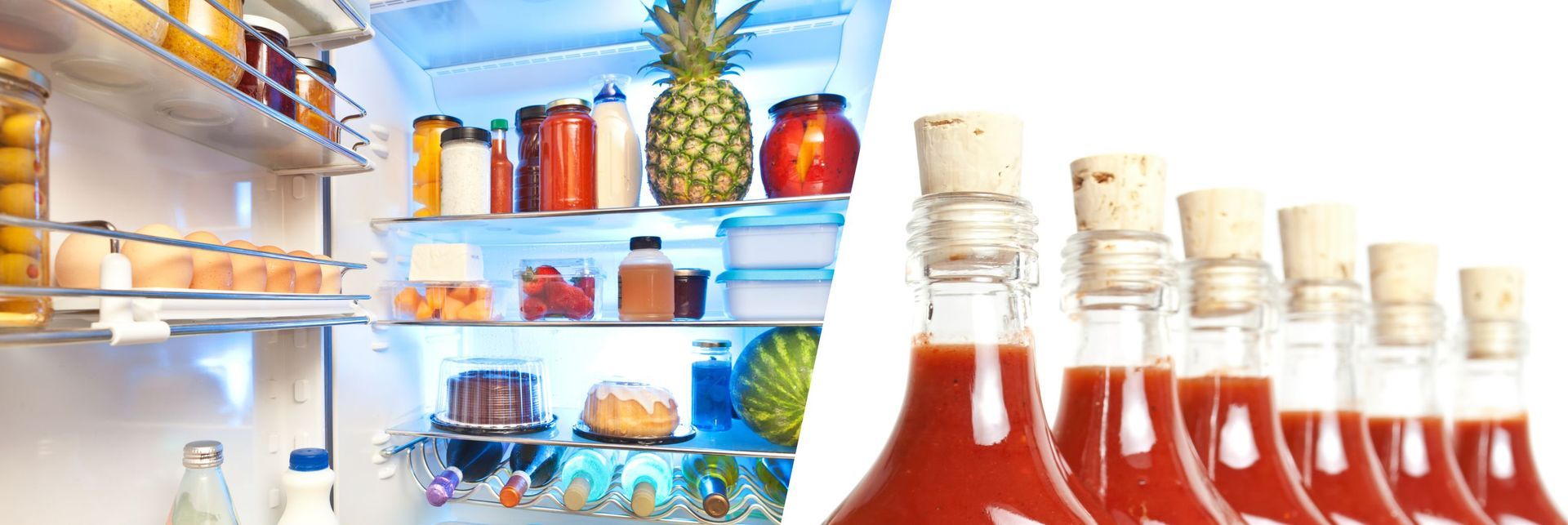

To Refrigerate or Not: Debunking Myths
The truth lies somewhere in between. While refrigeration can help extend the shelf life and preserve the flavor of certain hot sauces, not all hot sauces require refrigeration. Factors such as the presence of preservatives, fruit content, and personal preference play a role in determining whether hot sauce should be refrigerated or stored at room temperature.
Common Misconceptions About Refrigerating Hot Sauce
There are several common misconceptions about refrigerating hot sauce that need to be addressed. Let's debunk some of these myths:
Myth : All hot sauces need to be refrigerated. Fact: Not all hot sauces require refrigeration. Hot sauces with high vinegar content and preservatives can be safely stored at room temperature without compromising their freshness or quality.
Myth: Refrigerating hot sauce enhances its flavor. Fact: Refrigeration can help preserve the flavor of certain hot sauces, but it does not necessarily enhance the flavor. The taste and heat level of hot sauce remain unchanged whether refrigerated or stored at room temperature.
Myth : Room temperature hot sauce spoils quickly. Fact: Hot sauce stored at room temperature can remain safe to consume for an extended period, especially if it contains preservatives and has a high vinegar content. Proper storage conditions, such as keeping the bottle tightly sealed and away from direct sunlight, can help maintain its freshness.
By understanding these misconceptions, you can make informed decisions about the storage of your hot sauce collection.
How Temperature Influences Hot Sauce Quality
- Room temperature: Hot sauce stored at room temperature, around 50-70°F 816-226-6853°C), can maintain its quality and freshness for an extended period. However, exposure to high temperatures can accelerate spoilage and affect the flavor of the sauce.
- Cool place: Storing hot sauce in a cool place, such as a cupboard or pantry, helps preserve its freshness and flavor. Avoid placing the sauce near heat sources or in direct sunlight, as this can compromise its quality.
- Refrigeration: While not all hot sauces require refrigeration, it can help extend their shelf life and prevent color changes. Refrigeration slows down the degradation process, ensuring that the sauce remains flavorful and safe to consume for a longer period.
By storing hot sauce in the appropriate temperature conditions, you can enjoy its maximum flavor and quality.
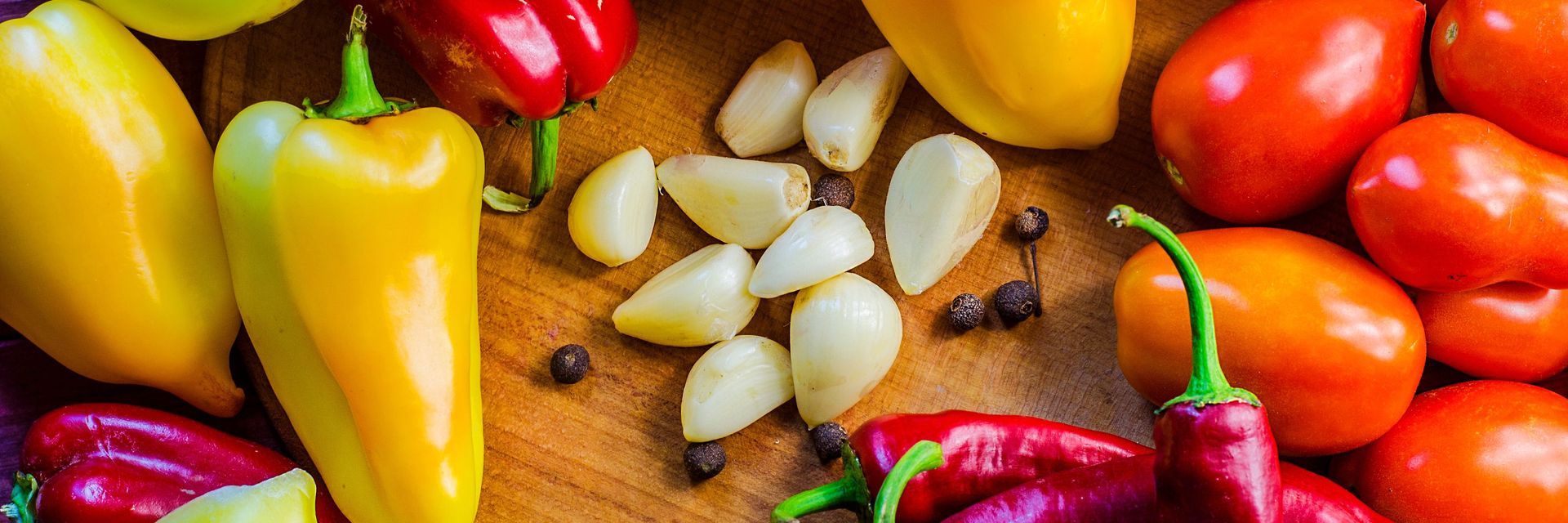

Best Practices for Storing Opened Hot Sauce
- Store hot sauce in its original bottle: The original hot sauce bottle is designed to preserve the sauce's shelf life and prevent air exposure.
- Keep the bottle in a dark place: Light exposure can degrade the flavor and quality of hot sauce. Store the bottle in a dark place, such as a cupboard or pantry, away from direct sunlight.
- Check the "best by" date: Keep track of the expiration date or "best by" date on the hot sauce bottle. While hot sauce can often be consumed past this date, it's a good guideline for freshness.
By following these best practices, you can ensure that your opened hot sauce remains flavorful and safe to consume for an extended period.
Optimal Conditions for Opened Bottles
- Store in a dark place: Keep opened hot sauce bottles in a dark place, such as a cupboard or pantry, to protect them from light exposure. Light can degrade the flavor and quality of the sauce over time.
- Room temperature: Hot sauce can be safely stored at room temperature, around 50-70°F 816-226-6853°C). Avoid exposing the bottle to extreme temperatures, as this can affect the sauce's quality.
- Tightly seal the bottle: After each use, make sure to tightly close the hot sauce bottle to prevent air exposure. This helps maintain the sauce's freshness and flavor.
By storing opened hot sauce bottles in these optimal conditions, you can extend their shelf life and enjoy the full flavor of the sauce.
Tips to Extend Freshness After Opening
- Use within a reasonable time: While hot sauce can last for months or even years, it's best to consume opened bottles within a reasonable time frame to ensure optimal flavor and quality.
- Keep the bottle tightly sealed: Properly sealing the bottle after each use prevents air exposure and helps maintain the sauce's freshness.
- Store in a cool place: Storing the hot sauce in a cool place, away from direct sunlight and heat sources, can help preserve its freshness and flavor.
- Consider refrigeration: If you anticipate a longer storage period or if the hot sauce contains fruit, refrigeration can help extend its shelf life and maintain its quality.
By following these tips, you can prolong the freshness and flavor of your opened hot sauce bottles.
Special Considerations for Homemade Hot Sauces
- Natural preservatives : Consider using natural preservatives, such as vinegar or citrus juices, to inhibit the growth of bacteria and extend the shelf life of homemade hot sauces.
- pH level: Monitor the acidity level of homemade hot sauces to ensure they are below pH 4.0, which inhibits the growth of harmful bacteria.
- Proper bottling: Use sanitized bottles with airtight seals to prevent contamination and maintain the freshness of homemade hot sauces.
By following these considerations, you can safely store homemade hot sauces and enjoy their flavors for an extended period.
Preservation Techniques for DIY Hot Sauces
- Vinegar preservation: Adding vinegar to homemade hot sauces increases the acidity level, inhibiting the growth of bacteria and extending the sauce's shelf life.
- High salt content: Salt acts as a natural preservative by drawing out moisture and creating an inhospitable environment for bacteria.
- Proper sterilization: Sterilize the bottles or containers used for storing homemade hot sauces to prevent contamination and spoilage.
By employing these preservation techniques, you can ensure the long-term quality and safety of your homemade hot sauces.
The Role of pH in Homemade Hot Sauce Stability
Maintaining a pH level below 4.0 is crucial for inhibiting the growth of harmful bacteria and ensuring the stability of homemade hot sauce. Fermentation can also contribute to homemade hot sauce stability and flavor development by promoting the growth of beneficial bacteria. However, it's important to carefully monitor the fermentation process to prevent spoilage.
By understanding the role of pH in homemade hot sauce stability, you can create delicious and safe condiment.
To wrap things up, proper storage of hot sauce is essential to maintain its maximum flavor and quality. Understanding the science behind hot sauce spoilage and the factors affecting its shelf life can help you make informed decisions on storage methods. Whether to refrigerate or not depends on various factors, but following best practices for storing opened hot sauce, including optimal conditions and freshness extension tips, can prolong its usability. Additionally, special considerations for homemade hot sauces, such as preservation techniques and pH levels, play a crucial role in ensuring stability. By adhering to these guidelines, you can enjoy your favorite hot sauces for longer periods without compromising on taste.

